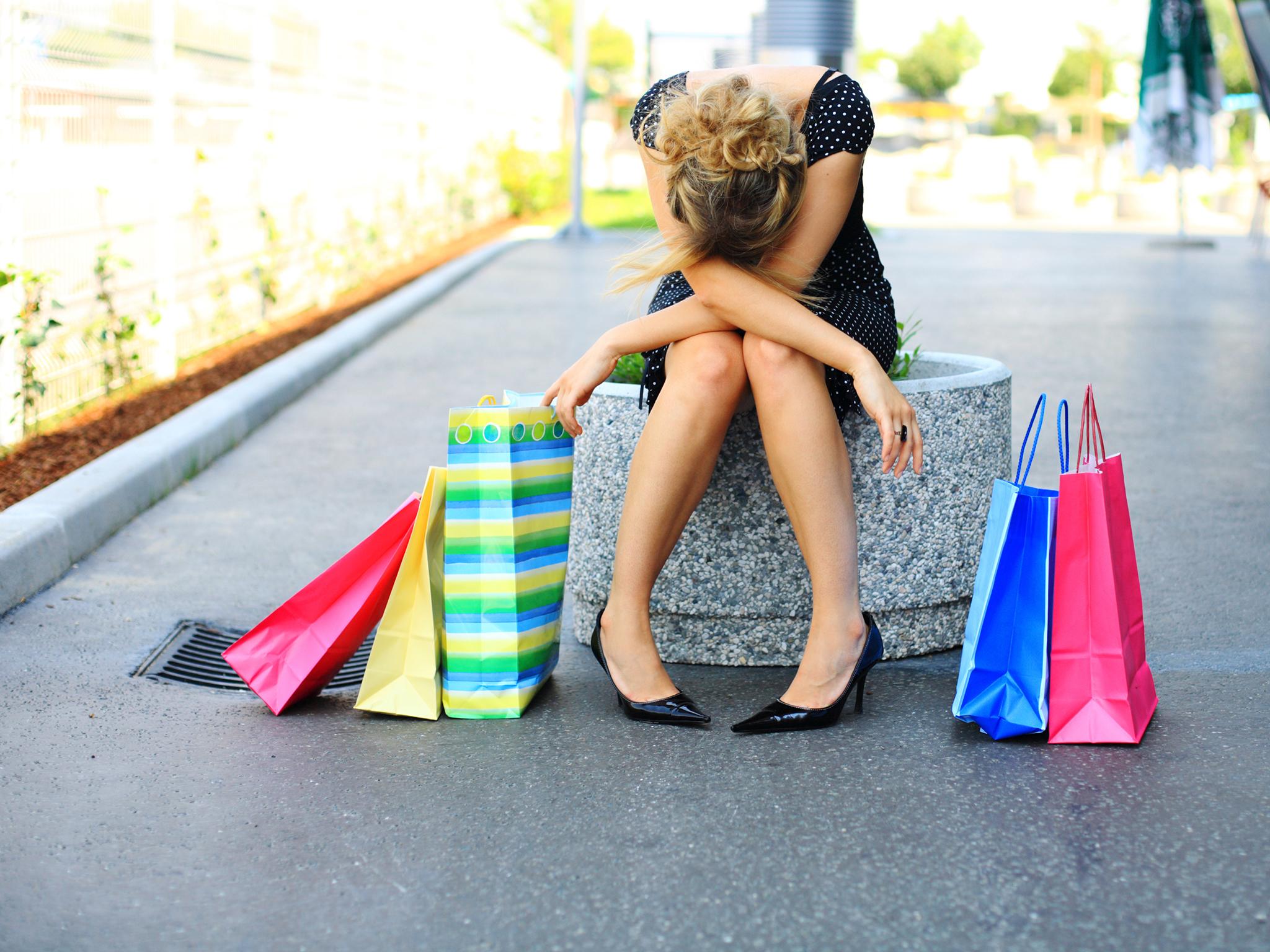Shoppers are more likely to buy stuff if they're thinking about death
Death affects how people think about their self-esteem according to experts

Your support helps us to tell the story
From reproductive rights to climate change to Big Tech, The Independent is on the ground when the story is developing. Whether it's investigating the financials of Elon Musk's pro-Trump PAC or producing our latest documentary, 'The A Word', which shines a light on the American women fighting for reproductive rights, we know how important it is to parse out the facts from the messaging.
At such a critical moment in US history, we need reporters on the ground. Your donation allows us to keep sending journalists to speak to both sides of the story.
The Independent is trusted by Americans across the entire political spectrum. And unlike many other quality news outlets, we choose not to lock Americans out of our reporting and analysis with paywalls. We believe quality journalism should be available to everyone, paid for by those who can afford it.
Your support makes all the difference.The idea of death, from a person's own mortality to fatal accidents, make some people more likely to shop, according to new research.
When faced with the idea that they will die, people who are more inclined to shop buy even more while the habits of the spendthrift don’t change, according to researchers in Canada.
Professor Michel Laroche at the John Molson School of Business, a lead author of the study, said that research shows death can make people question their world views on which they base their self-esteem.
“In other words, thinking about death will likely make people cling even more strongly to their beliefs because it's a way to cope with mortality.”
To make their findings, the researchers at Laroche and HEC Montréal asked 503 North American university students about how likely they are to resist buying products. The participants were then randomly separated into two groups.
One was asked to describe what they would feel if they were dying, while the control group was asked to report how they would feel if they were made to undergo a painful dental procedure. Participants were then surveyed on how likely they were to buy different products.
Those who identified as less spendthrift were more likely to buy products after thinking about death.
“This indicates that such consumers see purchasing and having goods and services as an important source of self-esteem. When they think about death, they become more inclined to buy because this helps them feel better about themselves,” explained Marcelo Nepomuceno, assistant professor at HEC Montréal, co-author of the study published in The Journal of Consumer Affairs.
“A person who knows that thoughts of death can lead to over-consumption is now in a position to avoid exposing themselves to such thoughts before shopping,” he added.
Join our commenting forum
Join thought-provoking conversations, follow other Independent readers and see their replies
Comments